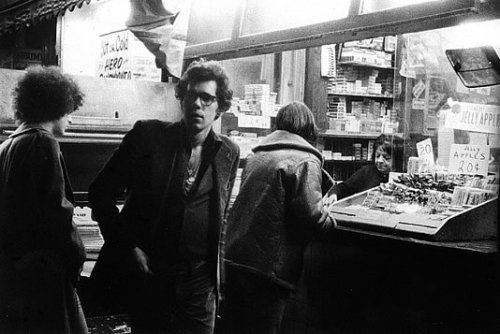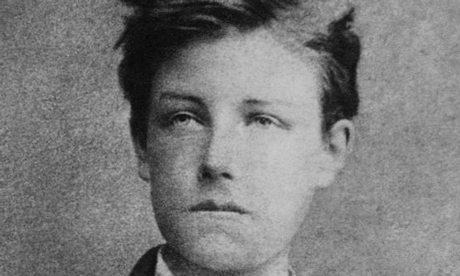Don't forget that we won't be meeting this Wednesday and Friday, as I'll be out of town fulfilling a number of professional obligations. As promised, here's a writing prompt that will last you the entire week. This assignment will play with your faculties for remembering and forgetting — both will be important facets of the overall process.
You'll start today with a poem — this can either be a new one or one you've written previously, and for your own sake shouldn't be too long. Write down a brief description of the poem (perhaps 2-3 sentences long): its emotions, its action, its setting, its development, its abstract concepts, etc.
Every day for the rest of the week, you'll attempt to reconstruct the original poem from memory — if necessary, you may consult the description you've written, but you can't refer to the poem itself or the new drafts that you'll write each day. Keep going until the week is up. Then once the final version has been written, take a look at your other drafts and make comparisons: what elements were preserved throughout and which changed? This is where the length is key, because your poem shouldn't be so short that you can memorize it off the bat and then simply repeat that every day, and yet it shouldn't be so long that you'll have trouble remembering the basic elements. To create a final version to post to Blackboard, you'll want to bring together all of the novel elements of those variant drafts into one version, and you might want to write a little note to go with the poem talking about how the work was altered. Feel free to make use of repetition (if you get different interesting versions of lines and/or sections) or to work with large-scale variation if there are very significant differences among your drafts.
Much like last week's prompt, this assignment is intended to help you more effectively write around a given topic or idea, generating a larger, more complex body of raw materials, ideas, actions, images from which you can draw as you craft subsequent drafts. The revision process will be even more important here as you recompose your poem from memory, working through problems with organization or phrasing and/or finding new ways to proceed.
A short-term version of this prompt is to attempt to recreate a poem from memory — any poem, from one of your own to work by your favorite poet to something workshopped in class today. For this assignment, however, I'd like you to do the full-scale seven (or five) day version.



